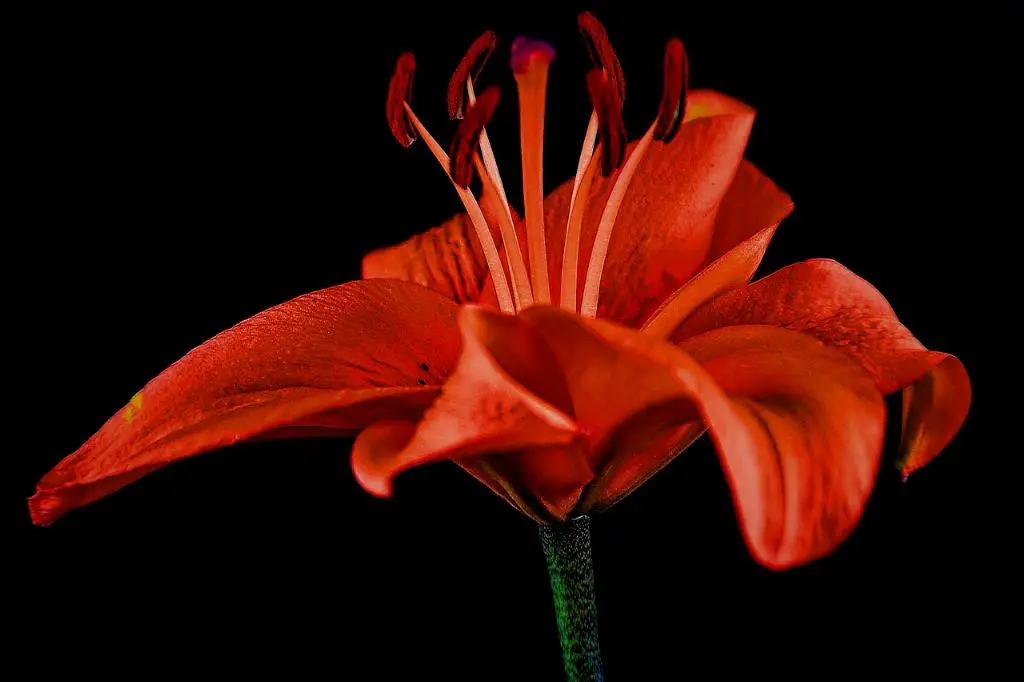Lilies are not just beautiful flowers adorning gardens and bouquets; they also hold significant symbolism and meanings that have been passed down through generations. Each variety of lily carries its own unique significance, but one of the most prevalent meanings associated with lilies is purity and fertility.
The Symbolism of Purity
With their elegant and pristine appearance, it’s no wonder that lilies are often linked to purity. The white petals of the lily symbolize innocence, virtue, and the pure nature of the heart. In many cultures, lilies are commonly used in religious ceremonies and weddings to represent the purity and holiness of the occasion.
Signifying Renewal and Rebirth
Another significant meaning attributed to lily flowers is that of renewal and rebirth. The sweet and delicate beauty of lilies is often associated with the concept of new beginnings and fresh starts. The blooming of lily flowers symbolizes the emergence of new life and the cycle of growth and transformation.
Connection to Fertility and Motherhood
In addition to purity and renewal, lilies are also closely linked to fertility and motherhood. The vibrant and lush appearance of lily blooms is considered a powerful symbol of fertility and abundance. In many cultures, lilies are associated with the nurturing and life-giving qualities of motherhood.
Expressing Sympathy and Remembrance
While lilies are often celebrated for their positive connotations, they can also carry somber meanings. In times of grief and loss, white lilies are commonly used to express sympathy and condolences. Their serene beauty offers solace and comfort in moments of sorrow.
Ancient Symbolism and Mythology
Lilies have a rich history steeped in ancient symbolism and mythology. In Greek mythology, lilies were associated with Hera, the queen of the gods and the goddess of marriage and childbirth. The lily was believed to have sprung from Hera’s milk, symbolizing purity and motherhood.
Varied Meanings Across Cultures
Across different cultures and traditions, lilies hold varying meanings and symbolism. In Chinese culture, lilies are often associated with good luck and prosperity, while in Christian art, lilies are commonly depicted as emblematic of the Virgin Mary’s purity.
Embracing Elegance and Sophistication
Lilies are renowned for their elegant and sophisticated appearance, making them a popular choice for formal occasions and ornamental displays. The classic beauty of lilies exudes grace and refinement, adding a touch of elegance to any setting.
Sign of Hope and Optimism
As symbols of new beginnings and fresh starts, lilies also represent hope and optimism. The vibrant colors and graceful form of lily flowers serve as a reminder of the beauty and potential that each new day brings, inspiring positivity and hope for the future.
Celebrating Special Occasions
Whether it’s a wedding, a graduation, or a birthday, lilies are often chosen to mark special occasions and milestones. The joyful symbolism of lilies adds a touch of celebration and significance to any event, making them a popular choice for bouquets and floral arrangements.

Final Thoughts on Lily Flower Meanings
In conclusion, lilies encompass a wide range of meanings and symbolism that have captivated people around the world for centuries. From purity and fertility to renewal and hope, lilies carry profound messages that resonate with the human experience. Whether given as a gift or admired in nature, lilies continue to inspire and uplift with their timeless beauty and symbolic significance.
